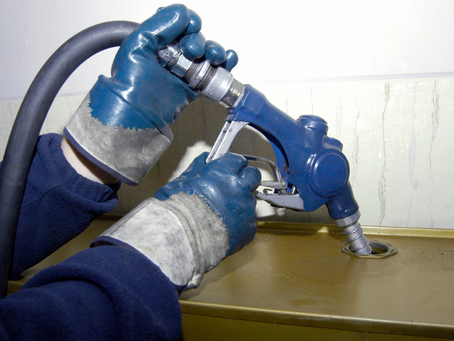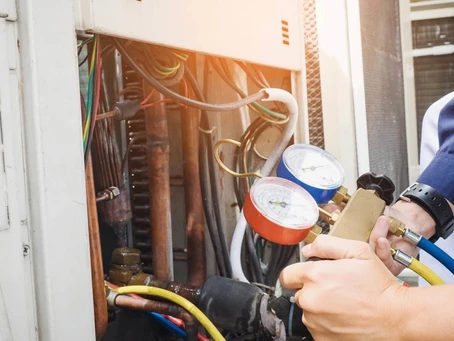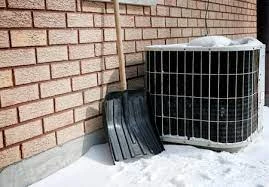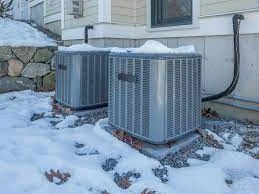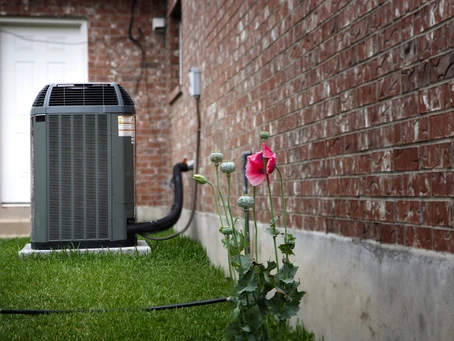With the economy’s uncertainties, price protection with heating oil contracts makes good sense. Heating oil contracts with price protection are options for homeowners who want to lock in a price for their home heating oil.
A price protection plan with your heating oil contract can help you save money on your heating oil costs if prices rise during your contract period. We will discuss heating oil, the heating oil market, heating oil contracts, and the pros and cons of these contracts.
What Is Heating Oil?
Home heating oil is refined crude oil used to heat homes or other buildings. It’s produced from petroleum and is typically used in residential, commercial, and agricultural settings.
Heating oil is not only a safe way to heat a home but also an environmentally friendly alternative to other forms of energy. It’s a clean-burning fuel that emits fewer pollutants and greenhouse gases than traditional fuels such as coal or wood.
How to Buy Heating Oil
Purchasing heating oil is easy. It can be ordered per gallon from your local fuel supplier by calling and scheduling a delivery.
The Heating Oil Futures Market
What is unique about heating oil futures is they appeal to physical and financial traders. Heating oil is a hot commodity, as it is an essential part of everyday life. It’s one of the second most popular byproducts of crude oil, which is why people invest in oil directly or indirectly.
New York Harbor is a major trading hub for heating oil futures contracts and gasoline futures. Oil contracts are traded on the New York Mercantile Exchange (NYMEX) at specific trading hours. The price of heating oil in New York Harbor is determined in cents and dollars per gallon.
Heating Oil Price Protection Plans – Advantages and Disadvantages

Heating oil dealers often provide contracts to their customers to secure both parties’ interests. Customers can benefit from the contracts by receiving price protection and the ability to make payments for the year. In the dealer’s best interest, contracts can help them forecast customer needs and provide them with more purchasing power.
Price Protection Plans
It is crucial to be aware of the different price protection programs some heating fuel dealers offer. The plans include fixed-price contracts, cap-price contracts, and pre-payment contracts. Before signing an agreement, ensure you understand the details and benefits of each option.
Fixed Price Protection Plan
With a fixed price contract, you are locked in to pay a set amount per gallon of heating oil for a fixed number of gallons for the duration of the heating season. The price is predetermined, regardless of any changes in the market price.
This means that if the market price increases, you will benefit from the savings. However, if the price decreases, you will still be obligated to pay the original, agreed-upon amount.
Pros of Fixed Price Plan
- Price Stability. A fixed price protection plan provides you with an agreed-upon price for your heating oil, regardless of market fluctuations. This allows you to budget accurately and avoid any unexpected cost increases.
- Convenience. A fixed price protection plan eliminates the need to monitor market prices for your heating oil.
- Peace of mind. Knowing that your heating oil is protected from market fluctuations can put you at ease.
Cons of Fixed Price Plan
- Binding contract. Once you sign these contracts, you must pay the specified amount regardless of any price decreases. Therefore, you can end up losing big if oil prices become lower.
Cap Price Plans
A cap price contract sets a maximum cost per gallon for a predetermined number of gallons for the heating season, potentially giving you the advantage of paying a lower price if the market rate drops below the capped price.
Pros of Cap Price Plan
- Security. This plan works by limiting the maximum price a customer has to pay per gallon of oil. Therefore, customers know their oil expenses will not exceed a fixed amount.
Cons of Cap Price plan
- Higher signing price. When you sign a contract, you typically pay a cap fee per gallon for this service.
Pre-payment Plans
With a pre-payment plan, you can purchase fuel before the heating season and have it delivered later. Before the start of the season, you and the fuel company agree on the amount of oil to be bought and the price for it. You will be entitled to the specified amount of fuel for the duration of the contract.
Pros of Pre-payment Plan
- Save money. This heating oil price protection program charges you a lower price per gallon during pre-season than the amount you will pay during the heating season.
Cons of Pre-payment plan
- Binding contract. Once you purchase fuel in advance, you remain bound to the original price even if the market rate drops, unless you choose cap pricing.
Things to Consider Before Signing Contracts
As with signing any contract, you must be careful when signing a heating oil contract. Always be aware of the details of the contract you are signing, remember to read the fine print, and before signing heating oil contracts, find out the cost to break the contract early. You will pay a fee for breaking the contract before the expiration date.
The Bottom Line
Heating oil is a necessity for everyday use. Price protection plans with heating oil contracts can be beneficial for homeowners. However, there are risks with any chosen price protection plan.
Ultimately, the decision to enter heating oil contracts should be made by the customer after reviewing all the facts.
If you still have more questions or are interested in hearing more about Chester County Fuel Oil’s Price Protection plans, call us today!



